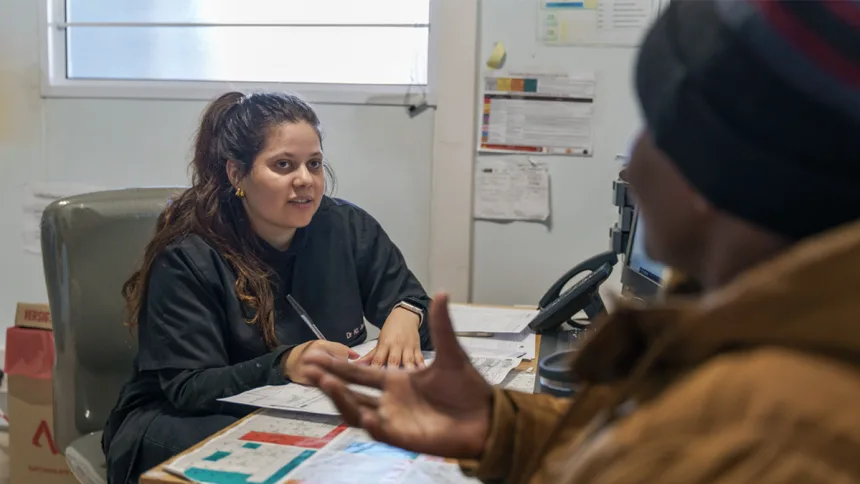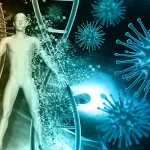11 December 2024- Around 846 million people aged between 15 and 49 are living with genital herpes infections – more than 1 in 5 of this age group globally. At least 1 person each second- 42 million people annually – is estimated to acquire a new genital herpes infection.
Most of the time, these infections cause no or few symptoms. However, for some people they lead to painful genital sores and blisters that can recur throughout life, causing significant discomfort and often requiring multiple healthcare visits. According to the estimates, more than 200 million people aged 15 to 49 suffered at least one such symptomatic episode in 2020.
The authors of the study, published in the journal Sexually Transmitted Infections, say that new treatments and vaccines are needed to reduce adverse health effects of the herpes virus and control its spread.
“While most people with a genital herpes infection experience few symptoms, with so many infections genital herpes still causes pain and distress for millions globally and strains already overburdened health systems,” said Dr Meg Doherty, Director of Global HIV, Hepatitis and Sexually Transmitted Infections Programmes at WHO. “Better prevention and treatment options are urgently needed to reduce herpes transmission and will also contribute to reducing the transmission of HIV.”
Also Read: Sierra Leone launches Ebola vaccination drive for frontline health workers
Currently, there is no cure for herpes, although treatments can relieve symptoms. In addition to sores, genital herpes can also on occasion lead to serious complications, including neonatal herpes – a rare condition most likely to occur when a mother acquires the infection for the first time in late pregnancy and then transmits the virus to her baby during childbirth.
“Stigma around genital herpes means it has been discussed too little, despite affecting millions of people globally. Not enough has been done to address this common infection,” said Dr Sami Gottlieb, an author of the report and Medical Officer within WHO’s Department of Sexual and Reproductive Health and Research including the UNDP/UNFPA/UNICEF/WHO/World Bank Special Programme of Research, Development and Research Training in Human Reproduction (HRP). “Expanded research and investment in developing new herpes vaccines and therapies, and their equitable use, could play a critical role in improving quality of life for people around the world.”
Earlier this year, a new study showed that genital herpes infections not only cause significant health impacts but also major economic costs – amounting to an estimated US $35 billion a year worldwide – through health care expenditures and productivity loss.




















